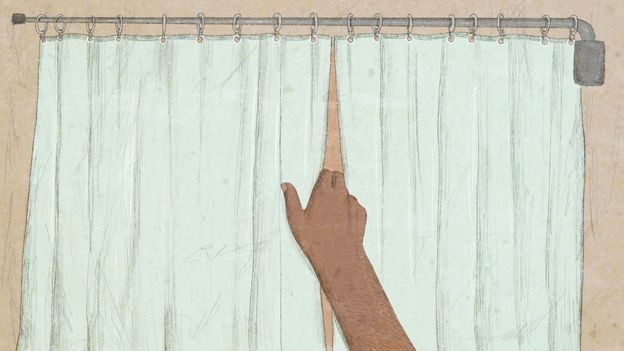THE MISCONCEPTION OF VIRGINITY
The definition of virginity is when a man and woman have penetrative penis-in-vagina sex for the first time and the woman’s hymen breaks. It is important to note that this definition is for heterosexual relations and does not account for the sexual experiences of LGBTQIA+ people. Nor does it consider the personal meaning an individual may choose to label as ‘virginity’ and the loss of it.
Historically, there is a great emphasis placed on the virginity of women and much praise of the ‘purity’ of virgins in Western cultures and religions including Christianity. In South Asia, conservative values about sex and a rigid structure of patriarchy have reinforced male entitlement to marrying virgin women. Kanyadan is the cultural practice of a father giving away his virgin daughter to her husband. This is a significant ritual within Hindu marriages, and the final step before the bride begins her new life. There is a similar practice within Christianity - the father walks the bride, who is donned in a white dress to symbolise her virginal purity, down the aisle, and hands her over to her husband. Both these rituals glorify the physical exchange of a woman who does not have an identity of her own when not tied to a man.
The continual practice of Kanyadan exaggerates the supposed sanctity of a woman’s virginity, embedding it within the two largest social institutions in South Asia – religion and marriage. The irony is that Hinduism has a centuries old history of openly celebrating sexuality. Hindus conceived the Kamasutra, there are stone engravings of tantric sexual poses carved into temple pillars across India and Nepal, and the gods and goddesses had active sexual lives. However over the centuries, the acceptance of sexuality as a natural and beautiful process of human life was replaced by social values that emphasised chastity and patriarchal control of women’s sexuality.
Losing one’s virginity is defined by society as a major life experience for women and something that should ideally only occur after marriage. Women who lose their virginities before marriage are labelled as immoral and deviant. They are judged in a particularly negative way that men in comparison are not. The judgements of families, the society at large, and relentless messaging about the sanctity of being ‘pure’ results in many women feeling a great deal of shame about losing their virginities before marriage.
It is positive to see that the social attitudes regarding virginity are slowly changing in the younger generations as more and more women are becoming engaged in the feminist movement, reclaiming their bodily autonomy, and exploring their sexualities. Although many educated millennial women have broken free of this social construct, there are still those who enforce virginity in extremist measures. There are families that check bedsheets for blood stains the day after a wedding for “proof” that the bride was indeed a virgin, and parents who take their teenage daughters to the doctor for virginity tests; where the doctor inserts two fingers inside the vagina to check if the hymen is still intact.
Misconceptions about the hymen and its association to virginity have subject women to practices that violate their bodies. The hymen is a tiny piece of tissue with zero function in the human body and it is what women’s worth is built upon. The shape of the hymen is different in each woman, as varied as the vulva. Many women simply do not have a hymen. The hymen does not break during intercourse, it simply stretches. Bleeding during sex often indicates lack of experience or anxiety rather than the stretching of the hymen. In conclusion, there is no evidence to prove that the existence or lack of a hymen is indicative of whether a woman is a virgin or not.
The coexistence of entrenched myths about virginity, societal judgements and progressive individual mentalities towards sexual exploration have created proliferating new industries. If a woman does happen to lose her virginity before marriage, there are solutions to hide or ‘correct’ that - artificial hymen kits – fake blood capsules that can be inserted inside the vagina that break open upon penetration, and hymenoplasty - hymen reconstruction surgery. These surgeries are most popular in the Middle East ,and countries in South Asia, however the global North is not as progressive as we believe it to be when it comes to women’s sexuality either; The Guardian reports that thousands of Americans order artificial hymen kits every year.
Virginity is a myth that we need to break free of and refuse to use as a tool to measure a woman’s worth.
